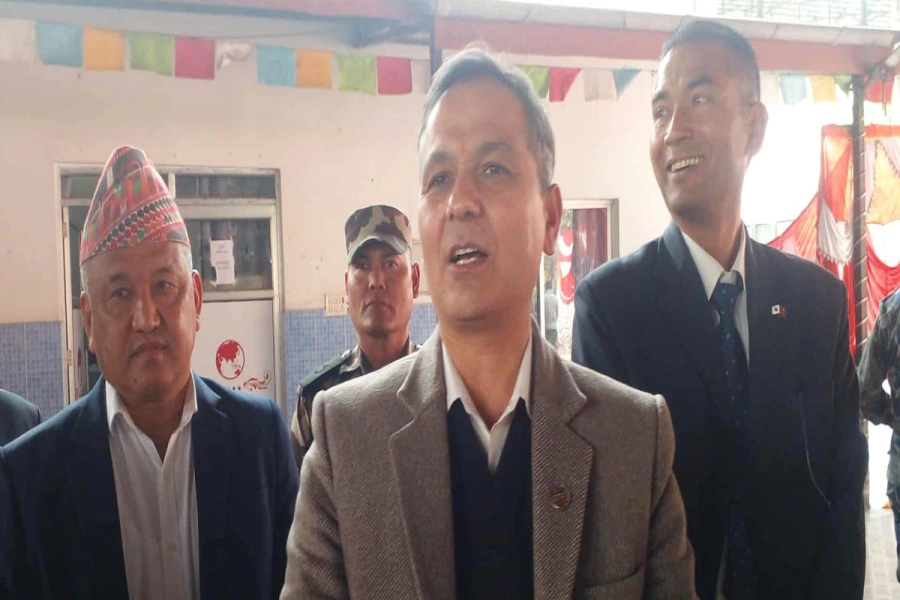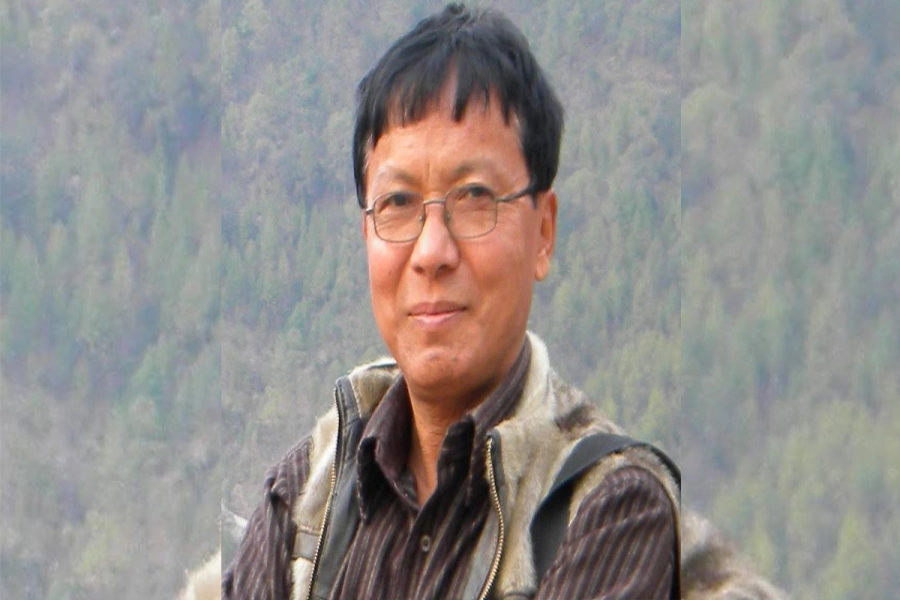NEW DELHI, March 11: India will count ballots on May 23 following six weeks of voting in an election that will determine whether Prime Minister Narendra Modi wins a second term as leader of the world’s largest democracy.
Around 900 million voters -- 84 million more than in 2014 -- will elect 543 lawmakers to the lower house of parliament, the chief election commissioner Sunil Arora said. Voting will run in seven phases from April 11 to May 19, Arora said at a press conference in New Delhi on Sunday.
| Poll Date | Phase 1 April 11 | Phase 2 April 18 | Phase 3 April 23 | Phase 4 April 29 | Phase 5 May 6 | Phase 6 May 12 | Phase 7 May 19 |
| States | 20 | 13 | 14 | 9 | 7 | 7 | 8 |
| Seats | 91 | 97 | 115 | 71 | 51 | 59 | 59 |
Modi TV, Modi app, Modi rallies: How brand Modi plays in Indian...

Opinion polls show Modi, who secured biggest electoral victory in three decades in 2014, may win the most seats but fall short of majority. The prime minister is battling a slide in popularity over rising concerns about lack of job creation and rural distress, but analysts said India’s decision to target terrorist camps in Pakistan could help the ruling party.
Meanwhile, the main opposition Congress party -- led by Rahul Gandhi -- is gaining lost ground and electoral momentum after snatching power from Modi’s Bharatiya Janata Party in three key states in December.
“The current government and Narendra Modi has engaged in presidential and charismatic politics, with a weaker performance on policies,” said Neelanjan Sircar, assistant professor at the Ashoka University and visiting senior fellow at the Centre for Policy Research. "This election will tell us a lot about how Indians assess the trade off between Modi’s charisma and the economic performance of the government."
Daunting Logistics
Voting in India does not take place on a single day. Because of the daunting logistics of overseeing the world’s largest electorate -- stretching from the Himalayas in the north to tropical jungles -- the voting is stretched out over several weeks.
|
Modi’s Hindu nationalist BJP is counting on his welfare programs to win votes, including the provision of toilets, electricity connections and cooking gas for the poor as well as small business loans, annual income support for farmers and lower taxes for the middle-class. BJP leaders are also focusing on religious nationalism, including protection of cows -- considered sacred by India’s majority Hindu population.
Congress will pledge a one-time farm loan write off, minimum income guarantee to the poor and blame his government for alleged corruption in a defense contract.
State polls will also be held simultaneously with the general election for Andhra Pradesh, Odisha, Sikkim and Arunachal Pradesh, Arora said. Security constraints mean there will be no state assembly elections in Jammu and Kashmir for now, he said.







































